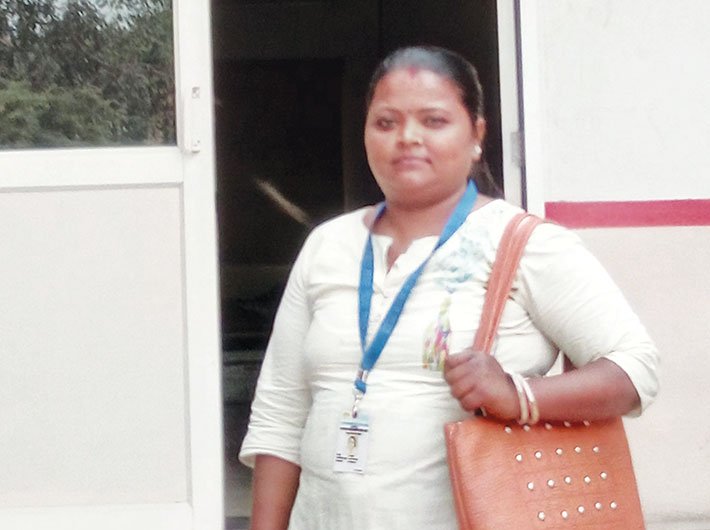From being homeless, women are transforming themselves into icons of confidence with help from an NGO
Radha doesn’t know who her parents are. She has been homeless – and living on the streets of Delhi –ever since she remembers. But that hasn’t prevented her from becoming a leader, one who trains other homeless women and helps them acquire identity and confidence. Like her.
Radha now lives in the Kalkaji shelter home. Just a few months ago she was on the footpaths. All she knew, even then, was that a better life was not beyond reach. Also, inside her, was the urge to help others. What transformed the urge into positive action was the Society for Promotion of Youth and Masses (SPYM), an NGO that manages many shelters in Delhi, besides offering deaddiction programmes for alcoholics and drug-takers. Six months ago, SPYM started an initiative called the Collective of Homeless Women (CHW), which extends a helping hand to women living on the footpaths.
It’s a ten-member group, and it reaches out to the homeless, encourages them to come to shelter homes, imparts skill-based training, and gives them the confidence to make a fresh start in life. Radha, who is part of the collective, narrates her story: “I didn’t have any ID proof like Aadhaar card or anything. When I came in touch with SPYM, I realised there are many government initiatives meant for people like me but we don’t know how to access them. At the shelter home, I took courses in making sanitary pads, stitching, sewing.”
She now works to help other homeless. “I’ve encountered a lot of women and girls who live on the footpaths and are drug addicts. It is difficult to convince them to come with us. We have to spend a lot of time, sometimes days, to get them to our centre. We help them get voter IDs and Aadhaar cards made so that they can receive government aid.” She says that through work, she is able to support her family, live a respectable life, and help others too. What differentiates CHW from others providing succour to the homeless is the skills training it provides, she says. The IDs, skills, and confidence-building awaken the urge to become self-sufficient.
Nusrat is another member of the collective who has wrought a dramatic change in her life. Two years ago, she came to Delhi with a husband who is mentally ill and three children. Choking, she speaks of how she lived near the Nizamuddin dargah for two months, before finding the shelter home. In fact, the shelter home gave her her first job, as a caretaker.
Later, she started looking for homeless women living on footpaths and in spaces below flyovers and bridges to convince them to come to shelter homes and take up training courses. What has changed the most in her, she says, is the loss of fear. Earlier, she’d not be confident about speaking to people. And going to police stations to lodge complaints was unthinkable. But now, it’s something she does with a surefootedness that surprises her. Financially, too, she is much better off than when she arrived in the city.
Rani is another volunteer, and she is full of praise for her protege Ruby. Rani brought Ruby and her children to the SPYM shelter, and Ruby has taken up some training courses. Soon, she hopes, Ruby will learn to live with confidence. SPYM, of course, is doing a lot, but the real effort comes from the women themselves. With nothing to begin with and with nothing to lose, they summon up deep wellsprings of aspiration, take whatever little help is available, and start walking with confidence towards the goals they set themselves.
rahultrivedi@governancenow.com
(The article appears in December 31, 2018 edition)

